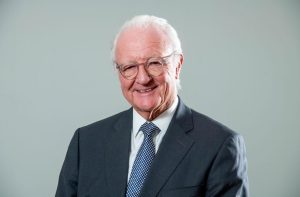IT improves European relations but tensions still exist

THE EU's controversial new constitution may have been signed but a new report shows that old tensions still exist between member states.
The study by telecommunications firm Interoute found that the UK's fellow EU member states find it the easiest country to do business with closely followed by France and Spain.
UK business leaders said they found German firms the easiest to work with (26%), indicating that years of mutual animosity have passed and collaboration is the way forward.
However, the rest of Europe polled Germany and France as the toughest countries to do business with each taking a fifth of the votes.
Almost half of those questioned in Poland placed Germany as their most difficult country to deal with.
Most countries were too respectful to state how or why countries were hard to do business with, but the consensus among UK respondents was that bureaucracy (14%), lack of modern technology (12%) and unresponsiveness (12%) were major limitations to effective business relationships.
The study, which looked at how technology has improved cross-border economic collaboration since the 80s, also found that UK business leaders work longer that their European counterparts with 24% working more than a 70 hour week.
Two thirds of European business leaders work less than 60 hours a week.
The UK also beats Europe on flexible working adoption with 34% of British workers taking advantage of remote working tools compared to 16% in Europe.
However, Interoute said that technology had helped increased croos-boarder economic collaboration.
It said that the use of instant messaging had increased by 69% since 2000, with many companies increasing their adoptiong of Voice over Internet Protocol (VOIP).
Video conferencing usage had increased 17 per cent in seven years, with nations such as the UK, Germany and Poland embracing it the most.
The environment has also benefited with many 65% of respondents saying they had reduced their carbon footprint as technological advances limited the need for person-to-person meetings.
Interoute surveyed 1,050 senior business decision-makers across seven European countries including the UK, France, Spain, Germany, The Netherlands, Italy and Poland.







